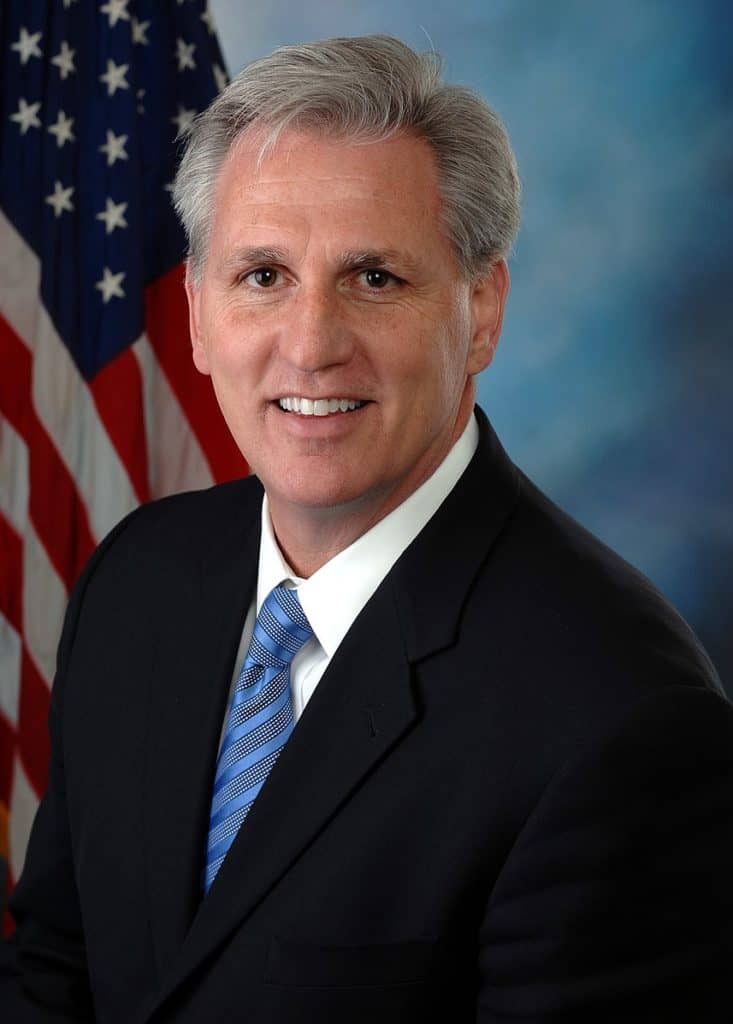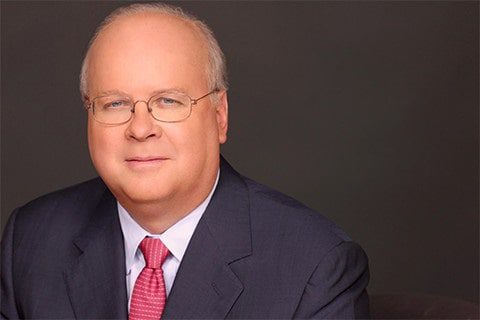
Opinion
By Karl Rove
Talk about telegraphing your punches! President Biden previewed the main Democratic midterm attack when he asked six times at his Jan. 19 press conference, “What are Republicans for?”
Good question. How many House and Senate seats Republicans pick up depends on how well the GOP answers it. Bashing Mr. Biden’s policies and failures and promising to check and balance him will likely produce a Republican midterm victory, but pairing that with a common-sense conservative agenda will yield a bigger triumph.
Fortunately for Republicans, late last June House Minority Leader Kevin McCarthy launched a process, dubbed Commitment to America, to give the GOP answers that will make Mr. Biden regret his question. Mr. McCarthy appointed seven task forces to craft a 2023 legislative agenda that could also serve as a 2022 campaign platform. These task forces are developing proposals on jobs and the economy; Big Tech; American freedoms; energy, climate, and conservation; national security; healthcare and China.
Each task force has members drawn from all the committees with jurisdiction over parts of each issue. This is producing healthy discussions about the approaches the GOP might adopt and who will lead on each topic if Republicans take control of Congress.
As part of Commitment to America, Mr. McCarthy sees legislation coming from the bottom up with congressional committees crafting bills, rather than from the top down as Speaker Nancy Pelosi did with Build Back Better. Mrs. Pelosi and a few key lieutenants wrote the massive blob of a bill, then dumped it on the House floor—rather than moving discrete pieces of legislation written and discussed publicly by relevant committees before the whole thing hit center stage.
By contrast, Republicans anticipate returning to regular order with hearings, work sessions and negotiations. This would be healthy for Congress and the country, suggests Rep. Patrick McHenry (R., N.C.), chairman of the jobs and economy task force, and likely would result in incremental reforms from different committees, rather than a single gigantic bill.
The process might also increase bipartisanship. Rep. Michael McCaul (R., Texas), chairman of the China task force, points to the success of the terrorism task force organized by the GOP when it last held the House. It produced a raft of proposals, then passed most of them with bipartisan support. He feels the same could happen with the China task force’s recommendations.
It also appears the Commitment to America effort is rekindling traditional Republican concerns about spending restraint, sound money, conservative fiscal policies and the need to restrain the national debt.
The effort faces important challenges. First, the task forces must actually produce good ideas in a timely fashion. They’ve been working for seven months; the midterms are just over eight months away. Once it’s written, the agenda must be packaged, tested in polling to find the best arguments for it, and disseminated to candidates. It can be done piecemeal—one task force’s recommendations at a time—but it should start soon.
Moreover, the agenda must motivate the GOP base while attracting swing voters. This means Republicans must be careful not to overplay their hands. For example, the GOP should hold plenty of oversight hearings to find out what federal programs are working and which aren’t, but swing voters won’t go for them if the purpose becomes political retaliation and needless partisanship.
Swing voters also may not be attracted to some concerns of the GOP core. Take Big Tech. The base is concerned about Donald Trump’s being deplatformed from Twitter. Swing voters are far more concerned about how social media and videogames may undermine the mental development of children, desensitize them to violence, delay their socialization, and put their personal data at risk of exploitation.
Op-Ed by Mr. Rove, courtesy of rove.com, was first published in The Wall Street Journal.

Karl Rove served as Senior Advisor to President George W. Bush from 2000–2007 and Deputy Chief of Staff from 2004–2007. At the White House he oversaw the Offices of Strategic Initiatives, Political Affairs, Public Liaison, and Intergovernmental Affairs and was Deputy Chief of Staff for Policy, coordinating the White House policy-making process.
Mr. Rove has been described by respected author and columnist Michael Barone in U.S. News & World Report as “…unique…no Presidential appointee has ever had such a strong influence on politics and policy, and none is likely to do so again anytime soon.” Washington Post columnist David Broder has called Mr. Rove a master political strategist whose “game has always been long term…and he plays it with an intensity and attention to detail that few can match.” Fred Barnes, executive editor of The Weekly Standard, has called Mr. Rove “the greatest political mind of his generation and probably of any generation. He knows history, understands the moods of the public, and is a visionary on matters of public policy.”
Before Mr. Rove became known as “The Architect” of President Bush’s 2000 and 2004 campaigns, he was president of Karl Rove + Company, an Austin-based public affairs firm that worked for Republican candidates, non-partisan causes, and non-profit groups. His clients included over 75 Republican U.S. Senate, Congressional, and gubernatorial candidates in 24 states, as well as the Moderate Party of Sweden.

